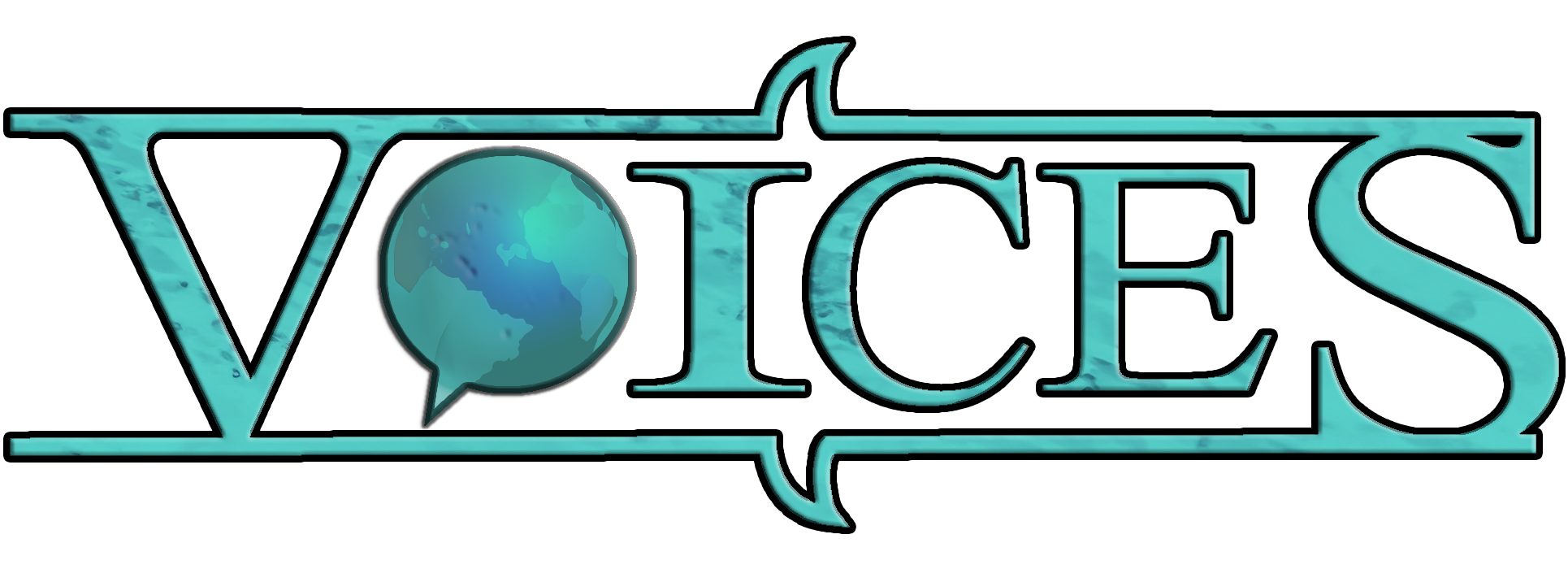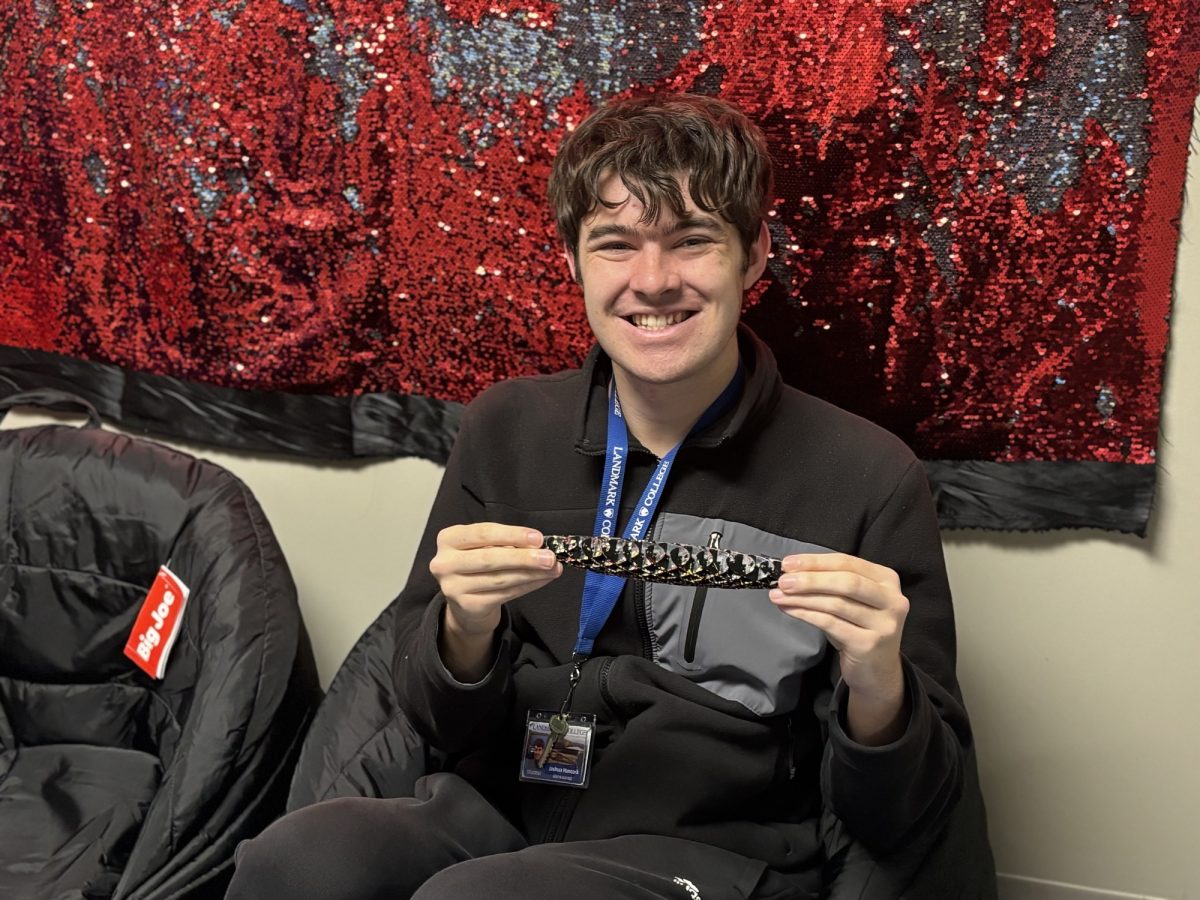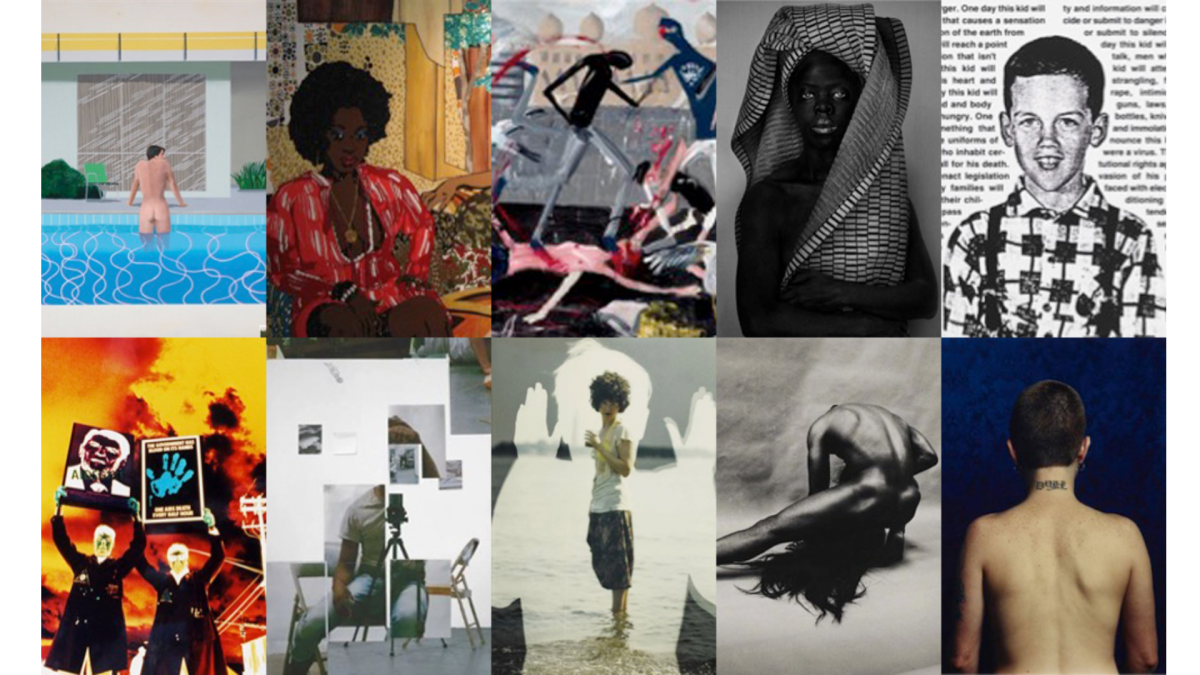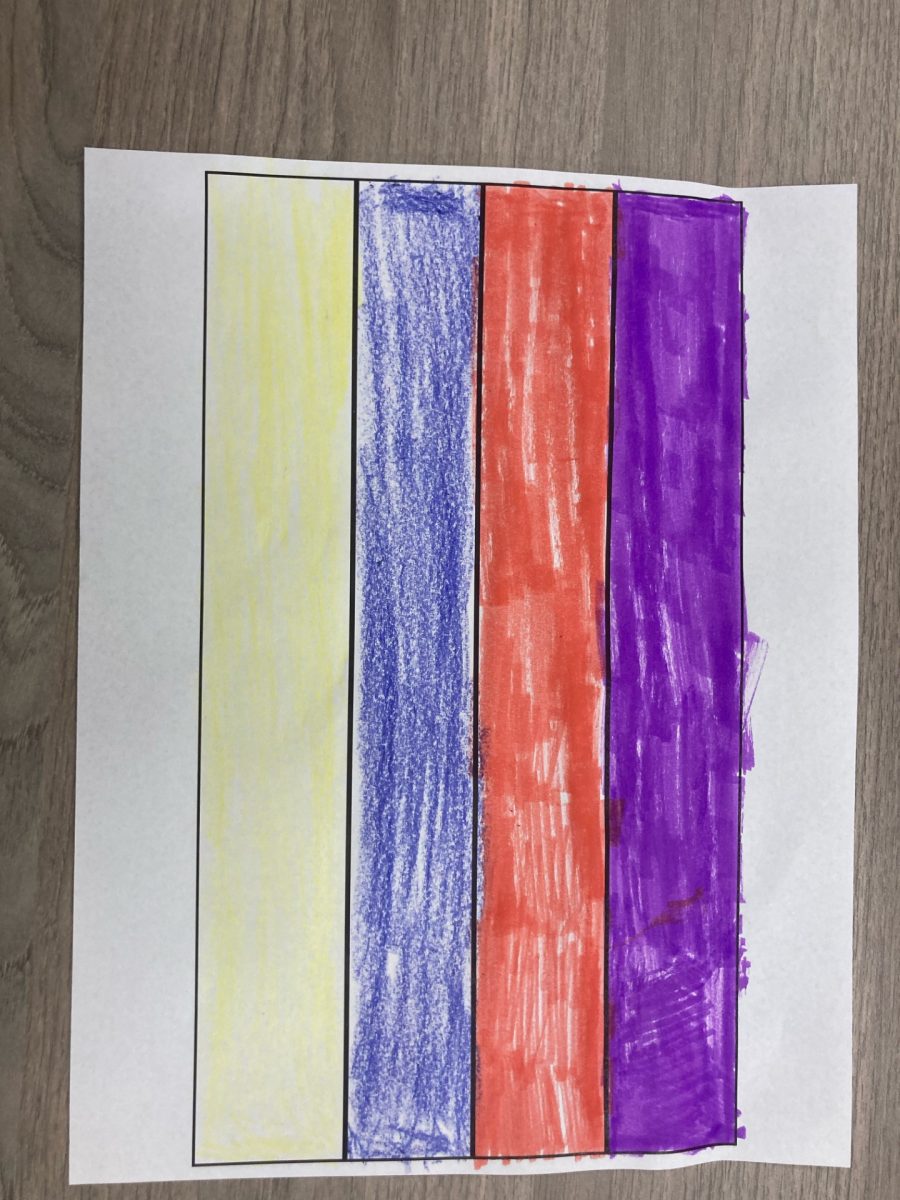On Thursday, September 19th, a presentation was given at the Stonewall Center at Frost Hall at Landmark college that I listened to with curious ears and watched intently. Hosted by Scoll Larson and Micheal DeAngelo, the presentation addressed the many facets of gender and its related topics, many of which are applicable to the student body here at Landmark.
The Stonewall Center is the campus’ hub of sorts for most LGBT related events, headed by Sky Larson. They are open every weekday, but most of their programming is on Thursdays and is related to global news, trips to local events, political policy, and other gender and sexuality related topics. The presentation on the 19th was no exception. According to the member of Stonewall doing the presentation last Thursday the 19th, one of the most important things to assist with gender and sex education is DEI policies to promote inclusion and diversity in the workplace. When inclusion becomes promoted and accepted, gender nuances become more “the norm” and people in the workforce become acclimated to the various expressions of gender rather than relying on the standard expressions of gender that have been historically represented. For example, there needs to be the appropriate language around gender expression, specifically the right words to describe various gender expressions. The speakers went on to discuss terms such as xenogenders (genders that cannot be contained by human understandings of gender), the more commonly known Transgender (Gender identity differs from what’s identified at birth), and also Aestheticgenders (Genders that embody experiences or aesthetics, subtype of xenogender) and Non-binary and genderfluid identities (Not completely male or female, gender identity changes from day-to-day. “Gender-neutral” can describe any gender). All of these subtypes of gender can potentially be applied to various people within a workforce, and should be part of the language within the workforce so that there is a level of comfort and normalcy around these topics.
The presentation expanded beyond creating language, new definitions and flexibility within what one might normally subscribe to gender. The speakers went on to elaborate on how gender and sex might be explored and warned the audience to be aware of perceived norms and stereotypes to look out for. The more people stretch and expand upon those norms to be more inclusive of variances of the human expression of self and gender so that all people feel comfortable and capable of doing their jobs (the reason they are at work) rather than feeling self conscious or insecure about how their gender expression might be construed or judged by their coworkers.
In conjunction with this presentation, I attended another one on September 26 which was led by the same individuals. During this event, the speakers expanded upon the more broad topic of gender discussed multiple LGBT musicians such as Lady Gaga (bisexual singer, released “Born This Way), Sophie (trans woman producer who produced the “Vroom Vroom” EP), Chappell Roan (lesbian singer who dedicated her success to queer people, is vocal about her mental health, and highlights local drag communities by having performers open her concerts.) All of these individuals are, in essence, spokespeople for issues and concerns that align with gender expression and sexuality. Because these people reach a broad audience and therefore have a significant impact on the general public they can be essential to “spread the word” as far as expanding both our vocabularies and mindset around these subjects.
The speakers who gave these presentations helped to expand students’ perspectives on these topics, including my own. I recognized that these people were there to help elaborate upon and make mainstream the concerns and identities of people who express gender identity in a manner that may be outside of the standard “box” so that our society can be more flexible and adaptive when it comes to these topics.






